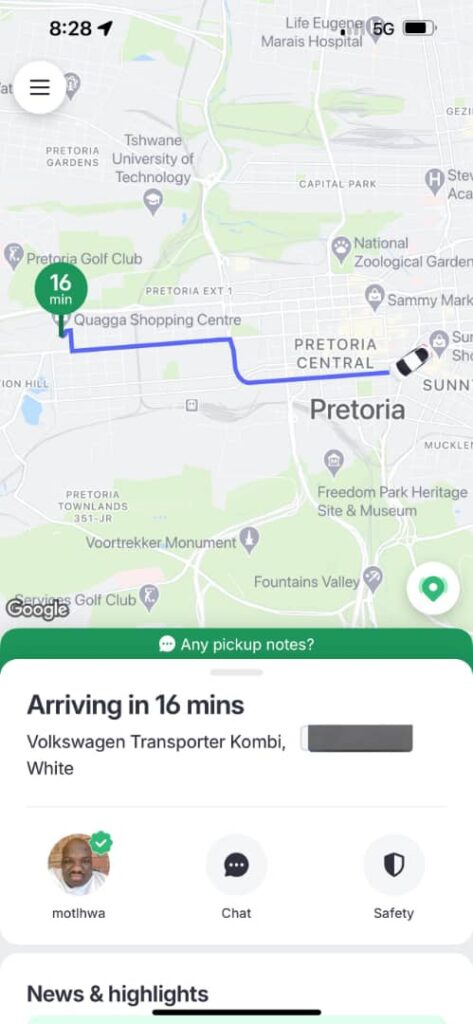The lingering xenophobic altercations between Nigerians and South Africans on social media took a different turn last week. This time, it was fought using Bolt, the ridehailing app. The intercountry fight tagged ‘Bolt for Bolt’ saw users in both countries book rides to locations they did not have intentions to pay for.
Collateral Damages
Innocent driver partners in both countries saw a surge in requests to far-flung locations which were mostly dummy or fictitious. As it spiraled out of control especially in South Africa, vendors, restaurants and retailers were not spared as they received orders to South African addresses thereby incurring losses. With South Africa leading the rest in youth unemployment rates in Africa at 45% and Nigeria’s population dwarfing South Africa’s with a corresponding rate of internet users, South Africa may have lost this round of internet spat.

What If This Happens Again?
As Bolt stepped in to address and stem the abuse of its product by making a press release, blocking errant drivers on both sides and giving assurances to the general public; analysts, concerned users and technology enthusiasts all pondered on the best responses and measures to avert future occurrence.
A no-brainer would have been a cancellation fee on abandoned rides. But we gathered that while riders pay a cancellation fee in South Africa, this does not apply to their Nigerian counterparts. This, in the past few days, worked against Bolt partners there. A step further would be a pre-charge on every trip. Imagine every ride request initiated is backed by a certain amount with a surcharge on a rider’s wallet/account when dropped or abandoned. What this achieves is an infusion of intentionality and caution when booking a ride while saving the platform and drivers some valuable time.
A school of thought also believes that it is one of those one-off cases of abuse of a platform. As tenable as this may sound, with the root causes of these spats left unsolved, it is only a matter of time before another one erupts. Still on this, with globalization and migration which entangles nations and citizens, we would likely see a similar spat in few months. This time, not necessarily between Nigeria and South Africa.
At the far end of the list of possible measures will be a blockage of culpable accounts engaged in these activities. This could be in form of punitive fine, blacklisting on the app for a given period of time, unique charge for rides as punishment for a period of time and star rating indicating the troublesome nature of the rider.
An extreme case will be a temporary disconnect and shutdown of interconnectivity of the services of the platform between both countries. This comes with its own downsides like frustrating genuine users on both sides of the app, revenue loss on the platform coming from these genuine users and a likely case of economic losses on them as well.
This spat between both countries may have lasted a few days with winners and losers, but the management, public relations, product management and lessons of international relations will linger on.

